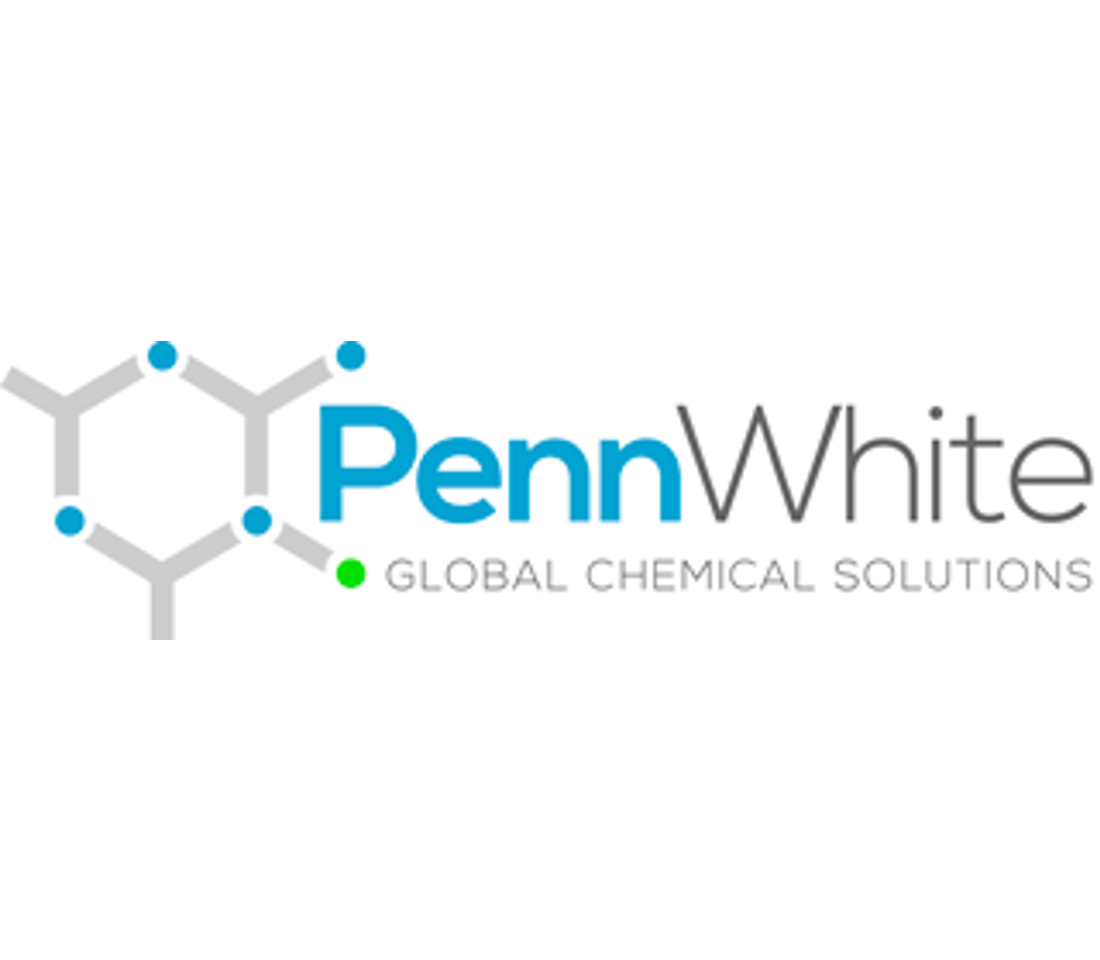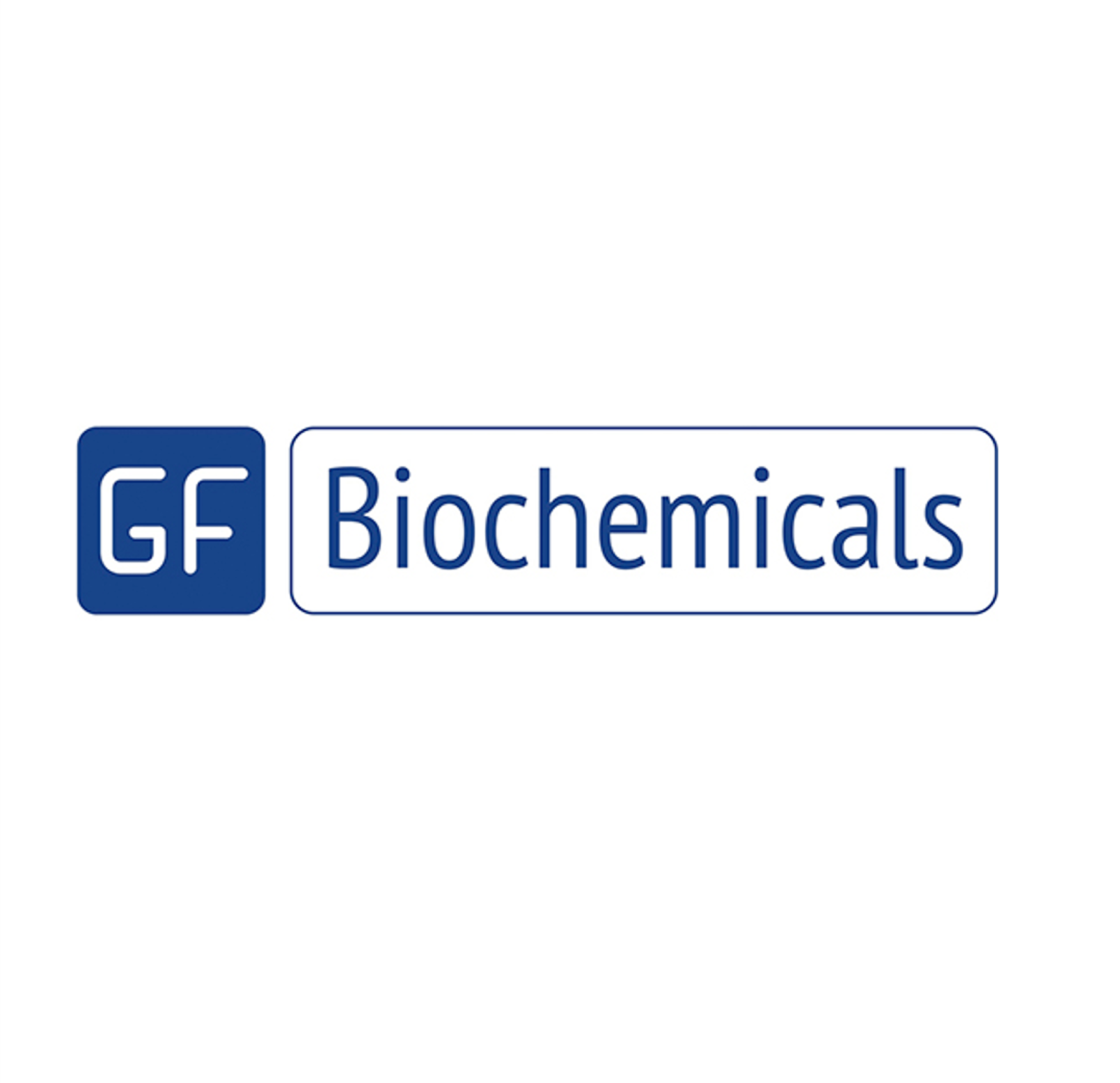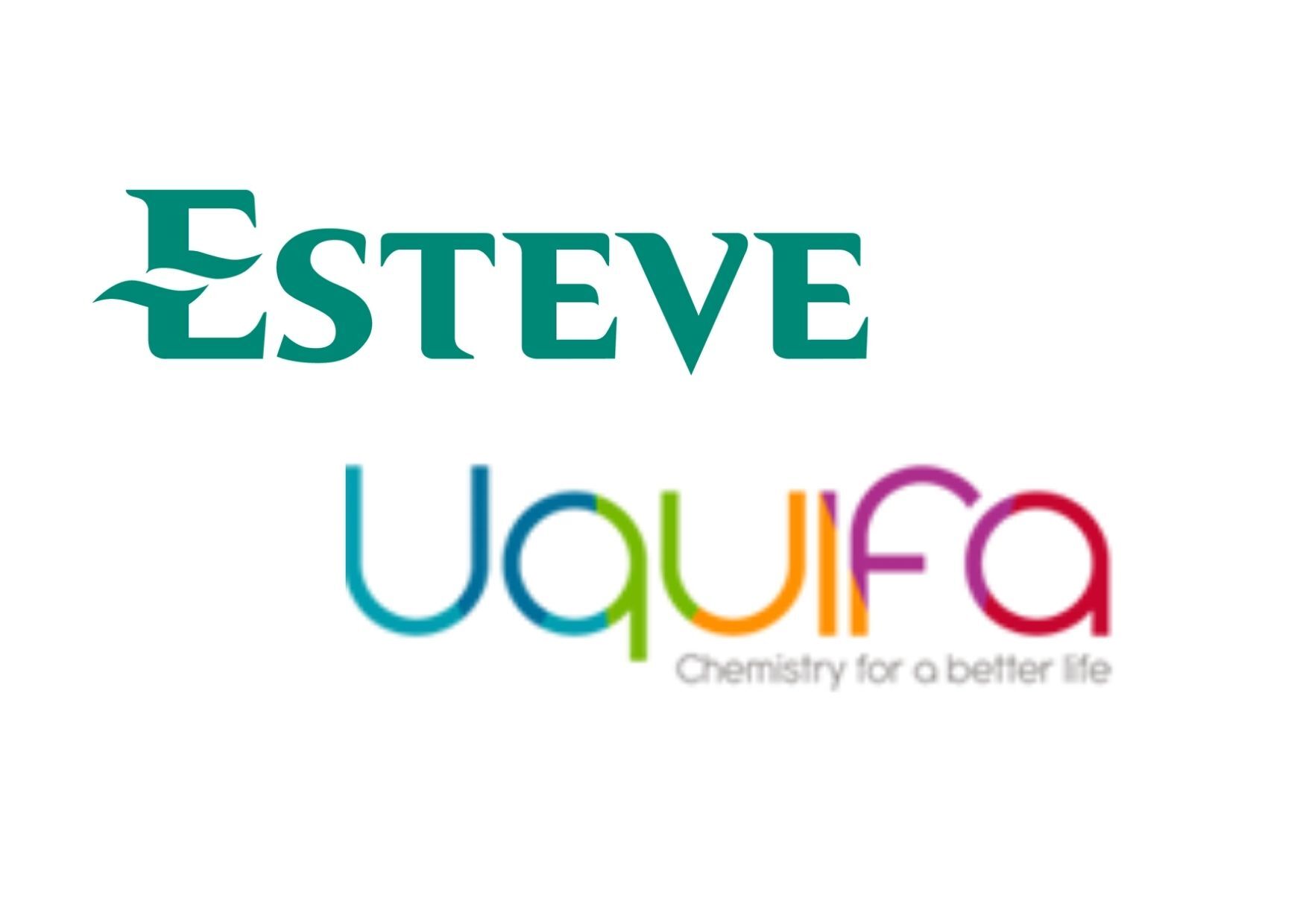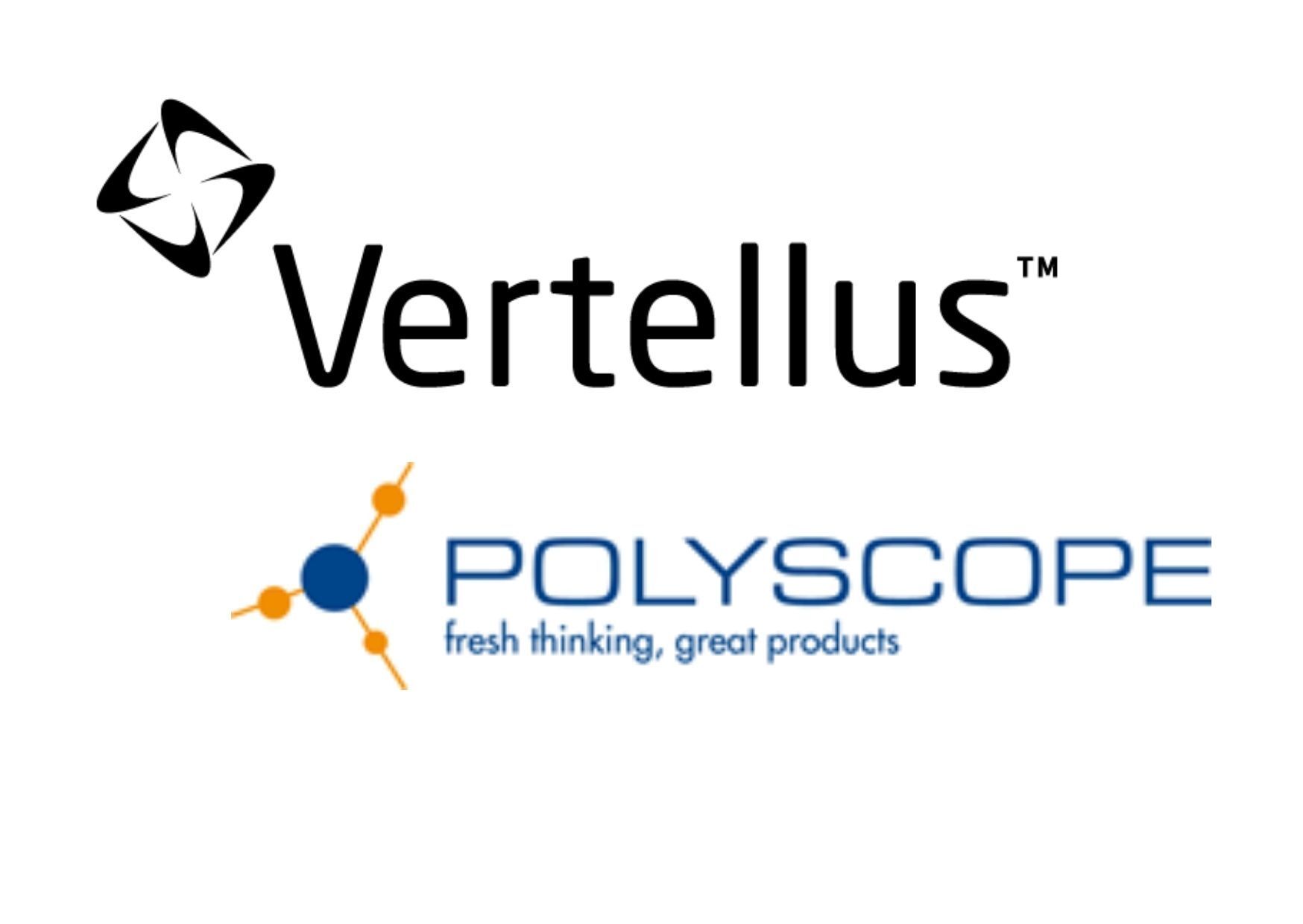Is pharma’s innovation model the right approach for the chemical industry?
Anil Vaidya • March 10, 2020

Fifteen to twenty years ago pharma was struggling with a number of approaching patent expiries for their blockbuster drugs and sales were being threatened by the fast follower generics industry. Lack of innovation and failure to develop new drugs to replace those going off patent was seriously being questioned in boardrooms.
Twenty years on and the pharma industry has completely changed its operating model - because they had to adapt. Drug discovery and drug development pipelines, the mainstay of traditional pharma, has now for many companies been partially or wholly subcontracted to contract research organisations providing services such as medicinal chemistry. Partnering with more nimble start ups with in-licensing deals helps feed pharma pipelines. This is an acknowledgement of the need to adopt new scientific findings and manufacturing processes.
The benefits of outsourcing include accessing skills, labour, and equipment that pharma might not have, at a price that is competitive to in-house development. Partnering offers an opportunity to de-risk new drug development, and adopting new science and processing techniques means a chance to develop innovative medicinal solutions.
In short, pharma companies have become orchestrators of a complex set of moving parts to develop and bring new products to market.
Is there a lesson that can be learnt by the chemical industry here?
The chemical industry faces threats from multiple flanks and is heading into a perfect storm of demands, including pressures to transition to a circular economy, to reduce the use of plastics, to protect the environment, and a widespread emotional dislike for smoke stacked industries.
It may now be time for the chemical industry to take a leaf out of pharma’s book and become comfortable with innovation, developing partnerships and not perceiving them as threats.
Bringing a new product to market is always challenging and perhaps ‘big chemical’ could look at developing partnerships and licensing agreement with the start-ups in the chemical sector. This would benefit not only the chemical industry in identifying new assets and working practices, but would also help the chemical start-up industry which is woefully behind the pharma/biotech start up sector.
There could also be benefits in a change in mind-set amongchemical industry executives when talking about innovation. Many cite the regulatory challenges faced by the industry or the length of time to bring a product to market as key obstacles - these are reasonable challenges, but hurdles the pharma industry has managed to overcome.
As with all industries, the success factor is having the right people with the right skill sets to drive the innovation. There is also need for buy-in and commitment from senior management teams to support innovation within a the company.
To be truly innovative, companies need people that have gone through the risk-taking experience, understand the processes involved and are willing to shield their innovation team when management starts looking for shorter-term gains.
By becoming more open and agile to innovating new ideas, adopting new technologies, business models and by focusing on customer requirements, the chemical industry still has a good chance of weathering this storm.
Anil Vaidya
has over 25 years of expertise the life science and healthcare sectors, focused on the areas of commercial and technical due diligence.
CCD Partners is a consultancy specialised in corporate transformations in small and mid-market chemicals and life sciences businesses.
To organise a call with one of our partners please email contact@ccdpartners.com
Receive M&A news relevant to your business
At critical moments our clients engage us to provide pre-publicity "off-market" intelligence to give them the edge over the competition - we also provide up-to-the-minute public or "on-market" intelligence for free
Contact Us
RECENT POSTS
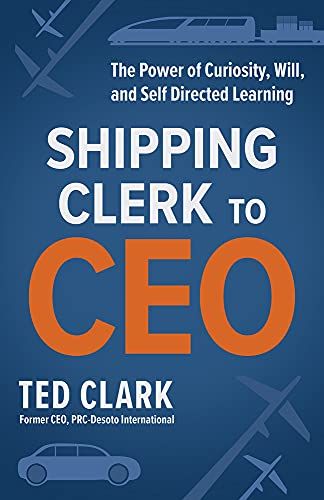
In the latest episode of the Chemical Transformations podcast , CCD Partners' Managing Partner Matt Dixon speaks with Ted Clark, former President and CEO of Royal Adhesives & Sealants, discussing his new book "Shipping Clerk to CEO: The Power of Curiosity, Will, and Self Directed Learning”. The book tells the story of Clark’s remarkable career journey from entry-level worker to CEO of a $240m chemical company by the age of 42.
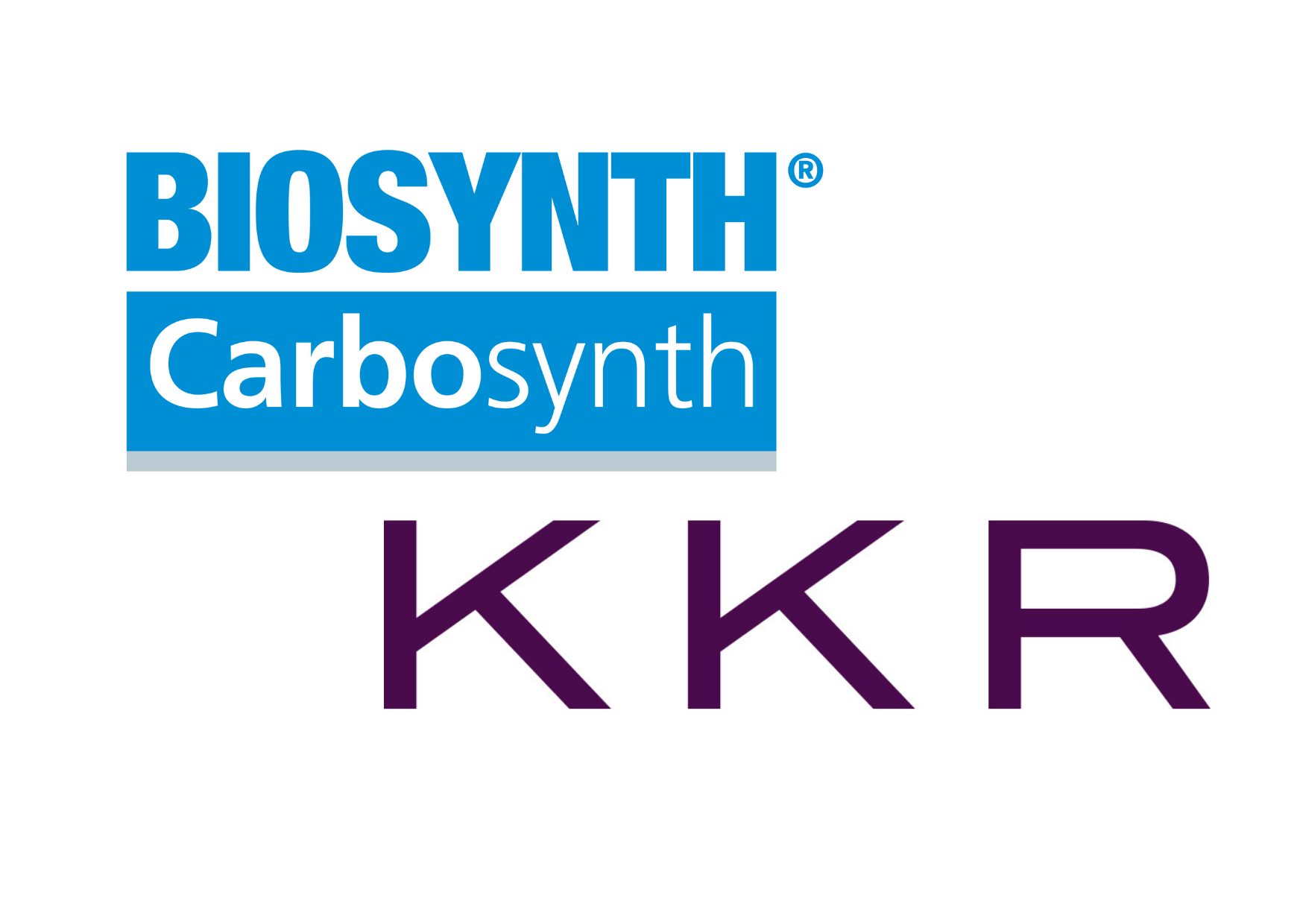
Biosynth Carbosynth is a fully hybrid Research Products, Life Sciences Reagents and Custom Synthesis and Manufacturing Services Company with global research, manufacturing and distribution facilities. They are the supplier of choice for many in the pharmaceutical, life science, food, agrochemical, cosmetic and diagnostic sectors and manufacture and source a vast range of chemical and biochemical products.

Steve Allin co-founded Charnwood Molecular with Phil Page in 1998. 22 years later, the business has evolved dramatically from its origins as a spinout of Loughborough University. Backed by a partnership with Synova Capital, the company is now preparing to move into a former AstraZeneca research facility and has already completed its first M&A deal, acquiring Aurelia Bioscience in summer 2021. CCD Partners’ Matt Dixon spoke with Steve about the journey from full-time academia to running a high-growth market leader.

